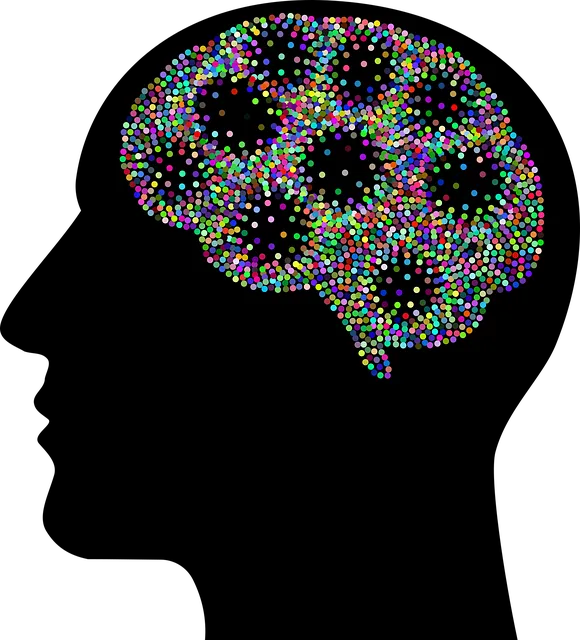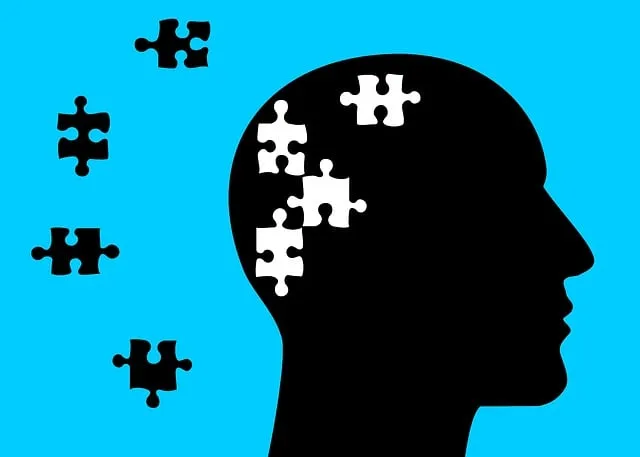Greenwood Village Kaiser Permanente Behavioral Health Services aims to enhance mental well-being through a tailored education program. This involves assessing community needs, including identifying mental health challenges like anxiety and substance abuse, along with knowledge gaps in stress reduction. The program adapts to local context, addressing rural barriers and cultural diversity, and incorporates strategies such as Trauma Support Services and Mind Over Matter principles. Targeting young adults aged 18-35, it offers mindfulness, meditation, and journaling exercises to empower individuals with practical mood management tools for sustainable mental wellness.
Greenwood Village Kaiser Permanente’s behavioral health services are transforming mental health support through a comprehensive education program. This initiative aims to address the unique challenges faced by the community, targeting specific demographics with tailored interventions. By combining evidence-based practices, interactive workshops, and technology, the program offers holistic solutions for stress management, resilience building, and overall well-being. Continuous evaluation and feedback loops ensure its effectiveness, allowing for constant improvement based on emerging research and community input.
- Assessing Needs and Goals: Tailoring the Program for Greenwood Village Kaiser Permanente Behavioral Health Services
- – Understanding the unique challenges and cultural context of the community
- – Identifying target demographics and their specific mental health concerns
Assessing Needs and Goals: Tailoring the Program for Greenwood Village Kaiser Permanente Behavioral Health Services

At Greenwood Village Kaiser Permanente Behavioral Health Services, assessing needs and setting goals is a meticulous process that forms the foundation for an effective mental health education program. By understanding the unique challenges and aspirations of their community, the program can be tailored to address specific concerns. This involves comprehensive research and direct engagement with stakeholders, including patients, healthcare providers, and community leaders. The aim is to identify pressing mental health issues prevalent in Greenwood Village, such as anxiety disorders or substance use conditions, which may require specialized interventions.
Through this assessment, the program designers can also pinpoint existing knowledge gaps regarding mental health awareness and stress reduction methods among the target audience. Moreover, incorporating risk assessment techniques for mental health professionals ensures that the curriculum prepares practitioners to handle potential risks and challenges they might encounter while implementing these programs within their community. By adapting the education initiative to meet these needs, Greenwood Village Kaiser Permanente Behavioral Health Services can offer a more impactful and sustainable program that fosters positive mental well-being.
– Understanding the unique challenges and cultural context of the community

Designing a mental health education program requires a deep understanding of the unique challenges and cultural context of the community it aims to serve. At Greenwood Village Kaiser Permanente behavioral health services, this involves recognizing the diverse needs and experiences within our population. For instance, navigating mental health issues in rural areas may present distinct barriers, including limited access to resources and transportation challenges. Similarly, cultural beliefs and traditions play a significant role in how individuals perceive and express their emotional well-being.
Effective programs must be sensitive to these variations. Incorporating strategies like Trauma Support Services that acknowledge past traumatic experiences can foster trust and engagement. Additionally, teaching practical Communication Strategies that respect cultural differences promote inclusive environments where individuals feel safe to seek help. Equally important is equipping participants with Mood Management techniques tailored to their specific needs, whether dealing with stress, anxiety, or depression.
– Identifying target demographics and their specific mental health concerns

In designing a mental health education program, understanding the unique needs of different demographics is paramount. Greenwood Village Kaiser Permanente behavioral health services, for instance, might target young adults aged 18-35, a group often grappling with issues like anxiety, depression, and stress management due to demanding careers and life transitions. This demographic may benefit from programs that promote Mind Over Matter Principles, offering practical tools for mood management through mindfulness, meditation, or cognitive behavioral therapy techniques.
Furthermore, incorporating Mental Wellness Journaling Exercise Guidance can empower individuals to track their emotional states, identify triggers, and reflect on progress. Such personalized strategies cater to diverse mental health concerns within this target group, ensuring that the program resonates with their experiences and fosters sustainable mental wellness.
To design an effective mental health education program for Greenwood Village Kaiser Permanente Behavioral Health Services, it is essential to assess the community’s unique needs and cultural context. By identifying specific mental health concerns within target demographics, the program can be tailored to address these challenges directly. This strategic approach ensures that educational initiatives are relevant, engaging, and ultimately beneficial for the well-being of all residents in Greenwood Village.






